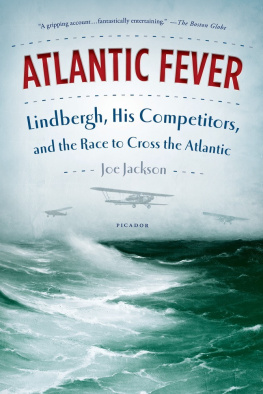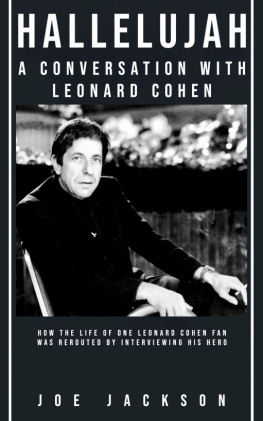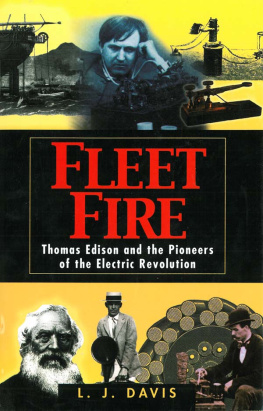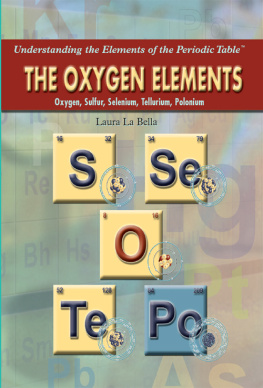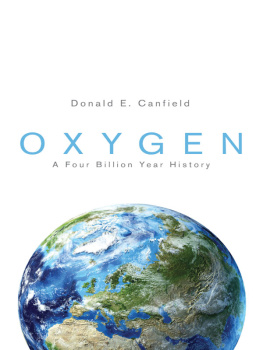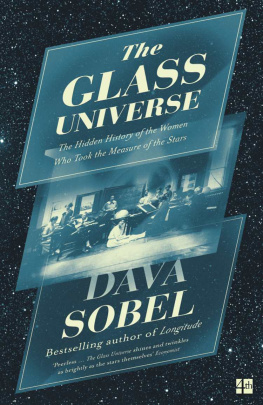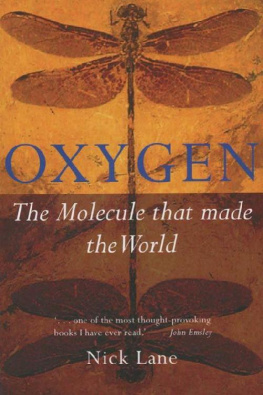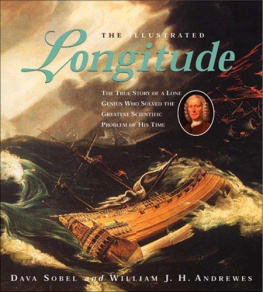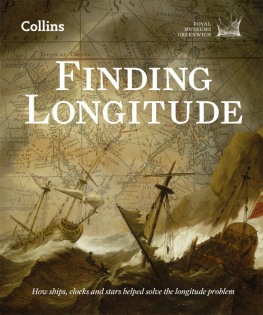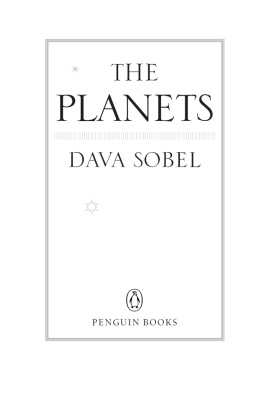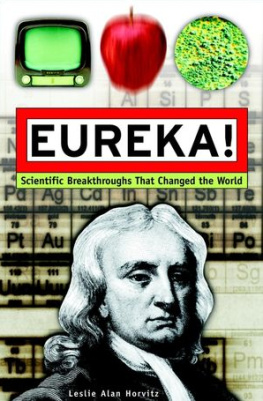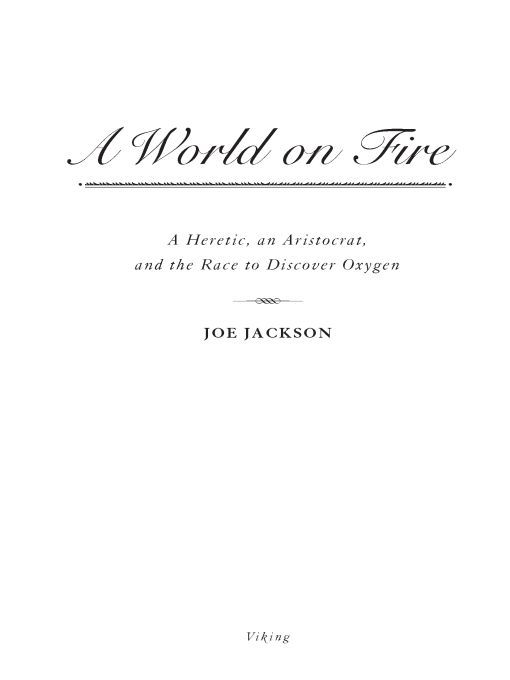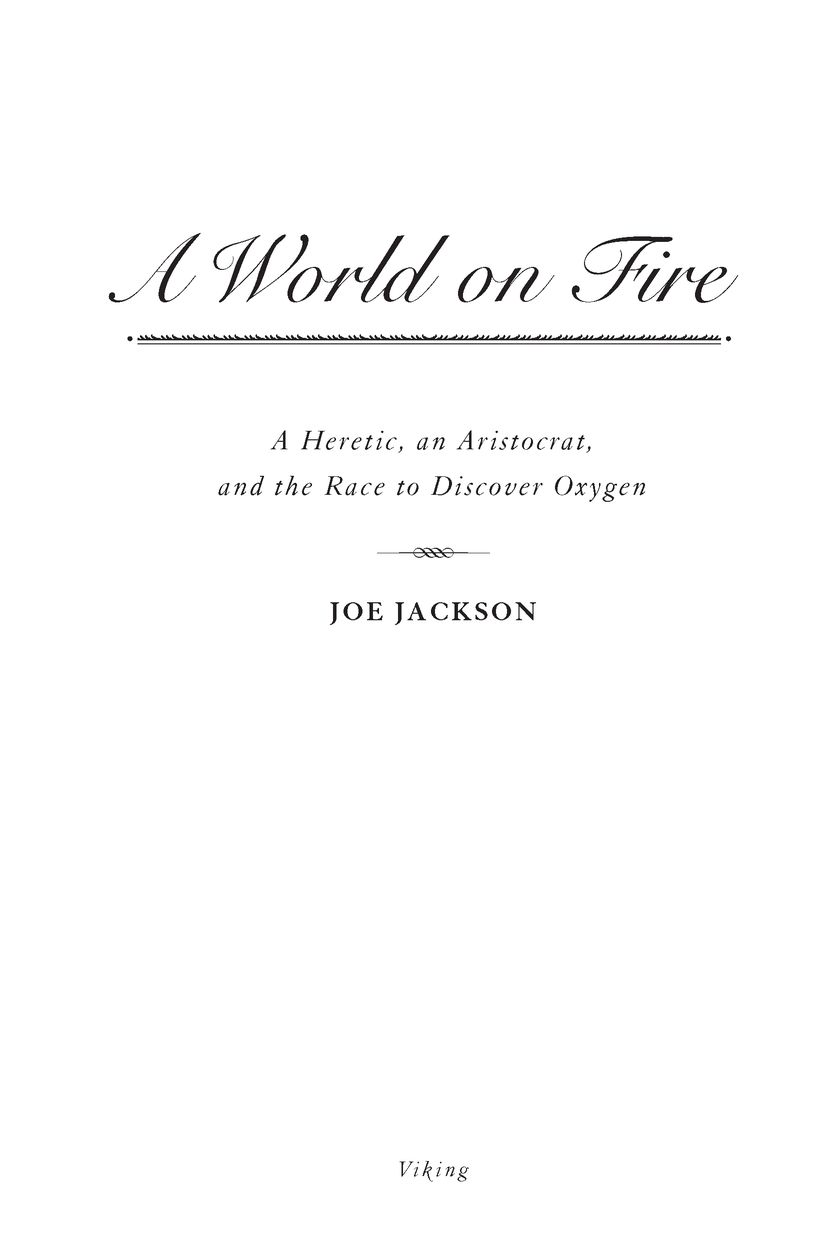Table of Contents
ALSO BY JOE JACKSON
NONFICTION
A Furnace Afloat
Leavenworth Train
Dead Run
(with William F. Burke)
FICTION
How I Left the Great State of Tennessee
and Went on to Better Things
As always,
To Kathy and Nick
... there is a fire
And motion of the soul which will not dwell In its own narrow being, but aspire Beyond the fitting medium of desire.
Byron, Childe Harolds Pilgrimage, Canto III
PROLOGUE
God in the Air
A GOOD MEAL CHANGES EVERYTHING. WE EAT AT MOMENTS OF drama, or when the group decides something must be etched in memory. As polymers break down, calories burn and oxygen use increases: the mind unfolds to new thoughts and opens to unseen relationships between people and ideas. The French, who turned the act of eating into the science of gastronomy, know that one must rise above the table. Talk becomes convivial and the senses are engaged. We are at our most social and observant. Walls tumble. Secrets are revealed.
This evenings repast in the Paris of October 1774 is one such legendary meal. As European thinkers grew drunk on the wine of enlightenment and a tremor of revolt hung in the close distance like waves of heat, two similar yet remarkably dissimilar men of science faced one another across the table and plotted the end of ancient ways. They didnt consider themselves revolutionaries so much as seekers of a different truth, making free inquiry into the secrets and nature of reality. The rituals of dinner are like the rituals of scienceprecise, measured, and carefully weighedand one rule of conversation during the French Enlightenment was that shop talk and serious discourse must not intrude on the table. What? sneered Michel de Montaigne of intellectual pretension during the sensual feast: Would they try to square the circle while mounting their wives? But talking shop in scientific circles was not pretentiousit was a puzzle, and thus a serious game. Tonights subject took the form of a riddle. What was invisible, yet all around them? Nowhere, but everywhere? It was a vexing and ancient riddle, as old as science itself: What was the makeup of the air?
Ever since the ancient Greeks, the air was believed to be one of the four building blocks of existence, along with earth, water, and fire. That transparent ether breathed in by king and commoner was considered an elementary substance, mutable yet inviolate, as pure in composition as mercury or gold. This 2,300-year-old belief in the construction of the universe was older than Aristotle, but this night in pre-Revolutionary Paris, table talk gave birth to a science that envisioned matters subjugation and control. Amid the clink of polished silver, the hush of liveried servants and chime of crystal goblets, what would one day be called the Chemical Revolution was given life because of a lab accident that happened two months earlier and a slip of the tongue occasioned by a pretty face and too much wine.
Science creates its own myths, as does any tribe or nation, for what is myth but a way of explaining existence and addressing change? In science, two particular myths hold sway. Change is the firsta radical change that forever destroys an old and comfortable means of perceiving reality, replaced instead by a dogma that is new, unfamiliar, and strange. A change that the modern historian Thomas Kuhn calls the death of a paradigm, a brutal war of the intellect that forever reshapes the new. Such change speaks of our view of mankinds place in the cosmos: Are we helpless before the forces of nature, or can we shape these ourselves like gods? This is the essential tension of myth: control of a mutable world. An apple probably did not fall on the head of young Isaac Newton, but the myth encompassed his theory of gravitation and his belief that Gods mechanical laws could be understood and controlled by human beings. The German scientist F. A. Kekule did puzzle for months over the shape of the benzine molecule, but the night that he dreamed of the Worm Ouroborosthe alchemical symbol of the tail-biting snakehe realized on waking that benzine is arranged in a ring. The field of organic chemistry sprang from this vision, but the image was as old as the alchemists, their secret shorthand for unity and change.
The second myth is that of accident and anomaly in the lab, and its role in heroic discovery. Something is wrong, and only a clear-sighted hero can interpret the message and lead the new way. The mythical components of religion and science are similar, for what are both but faiths in a particular ordering of the world? The celestial bodies did not run smoothly in their courses until Copernicuss improved calculations ended the geocentric universe. Anomalies of heat and light in a controlled lab environment suggested unknown forces hidden deep in matters core. When Marie and Pierre Curie took heed of the riddle, they unlocked the secret of radiation. Accident is portrayed as the first glimmer of truth, yet it takes a colossusa Copernicus, Newton, or Einsteinto see above the herd.
From such myths, perhaps, we construct the deeper fables of our lives. Yet we fail to weigh all the consequences. Scientists are maverick personalities, maintains Jacob Bronowski in The Origins of Knowledge and Imagination. You do not invent a new world system by being satisfied with what other people have told you about how the world works.... The creative personality thinks of the world as a canvas for change, and of himself as a divine agent of change. Yet theres little mercy for the divine messenger. Consider the fate of Prometheus, who brought fire from Olympus in a dry fennel stalk to ease the plight of man. By controlling his environment, man approached the status of godsand for that gift, Zeus directed his servants, Force and Violence, to chain Prometheus to a high-piercing... rock in the Caucasus, where each day an eagle would tear out his liver for giving a secret to mortals not their due.
Tonights elegant dinner is the stuff of one such mythical tableau. The guest was the English heretic Joseph Priestley, son of a cloth-dresser from Yorkshire, where that nations Industrial Revolution had begun. At times shy, awkward, and brilliant, the forty-one-year-old Priestley was an enigma to the French academicians gathered around him; he stuttered when nervous, and he was stuttering now. He saw himself primarily as a radical theologian, a lonely Unitarian in a nation of Anglicans; his role as a natural philosopher was more of a hobby in his eyes. But to the rest of Europe, Priestley was known as the premier pneumatic chemist of the age, his fame springing from his discovery of several unknown gasesairs, as he called themfrom the atmosphere that all men breathed. The irony, of course, was that since air was one of the four basic elements, this was not supposed to occur. Yet two months earlier, he told his hosts, hed teased something out of the atmosphere that seemed more vital than common air itself. If true, centuries of dogma were a lie.
The Paris savants fell silent as Priestley described in halting French what he had done. In June of that year, hed purchased a new convex lens with a 12-inch diameter and 20-inch focal length that was rumored as once owned by the Grand Duke Cosimo III of Tuscany. A favorite trick of pneumatic chemists was to heat ash or metal in glass vessels and see what occurred: a gas often sprang forth, which was then captured in a flask inverted over a tub of water or mercury and its properties analyzed. On August 1, 1774, Priestley tried this with the brick-red ash left over when mercury was heated, a substance he called mercury calx but which today is known as mercuric oxide. He watched as globs of quicksilver formed in the focused rays of sunlight, as an odorless gas arose. On a whim he placed a lighted candle in the jar with the gas, expecting to see it extinguished. Instead, it flared brightly, and he was amazed. He inserted a red-hot wire; it glowed as white as the sun.


